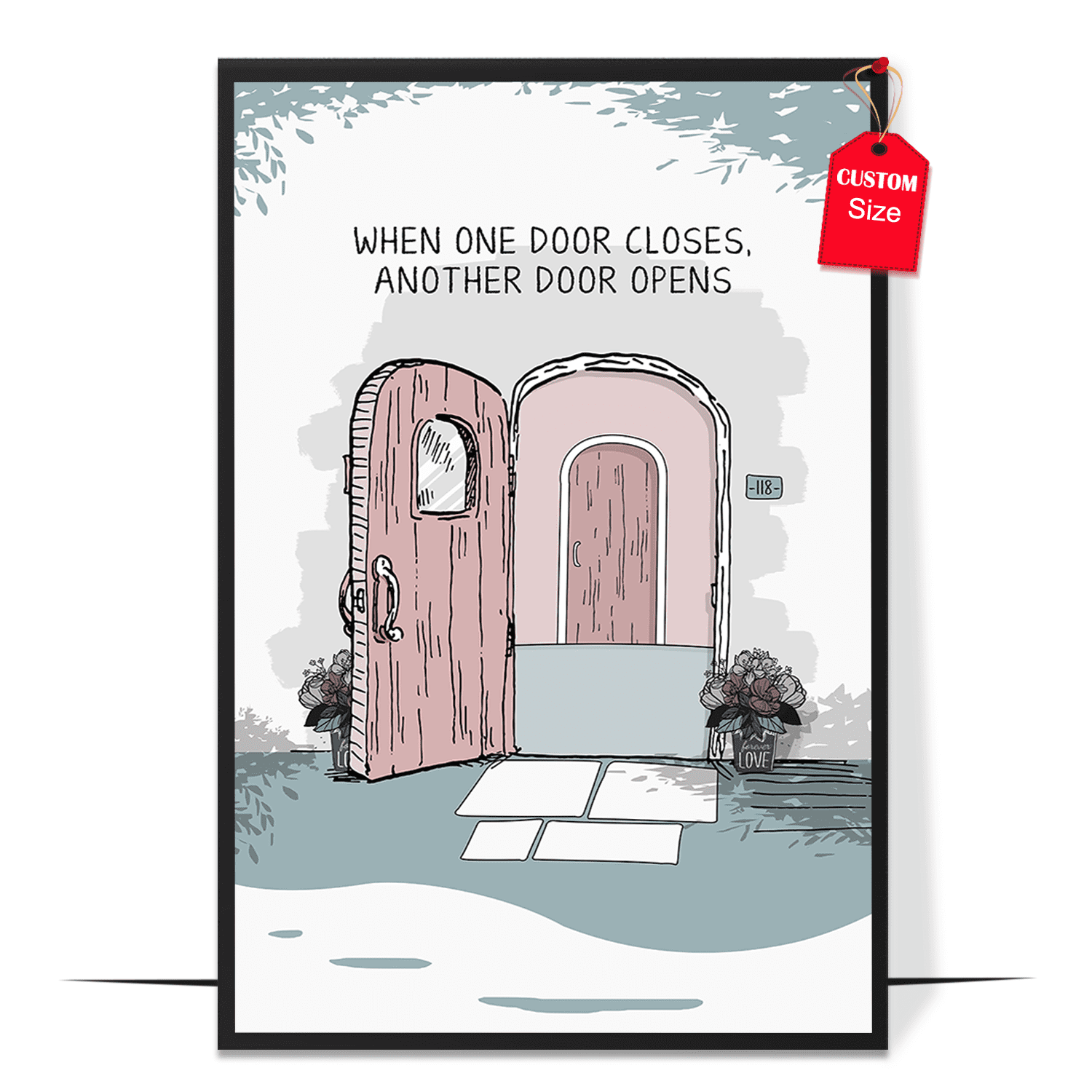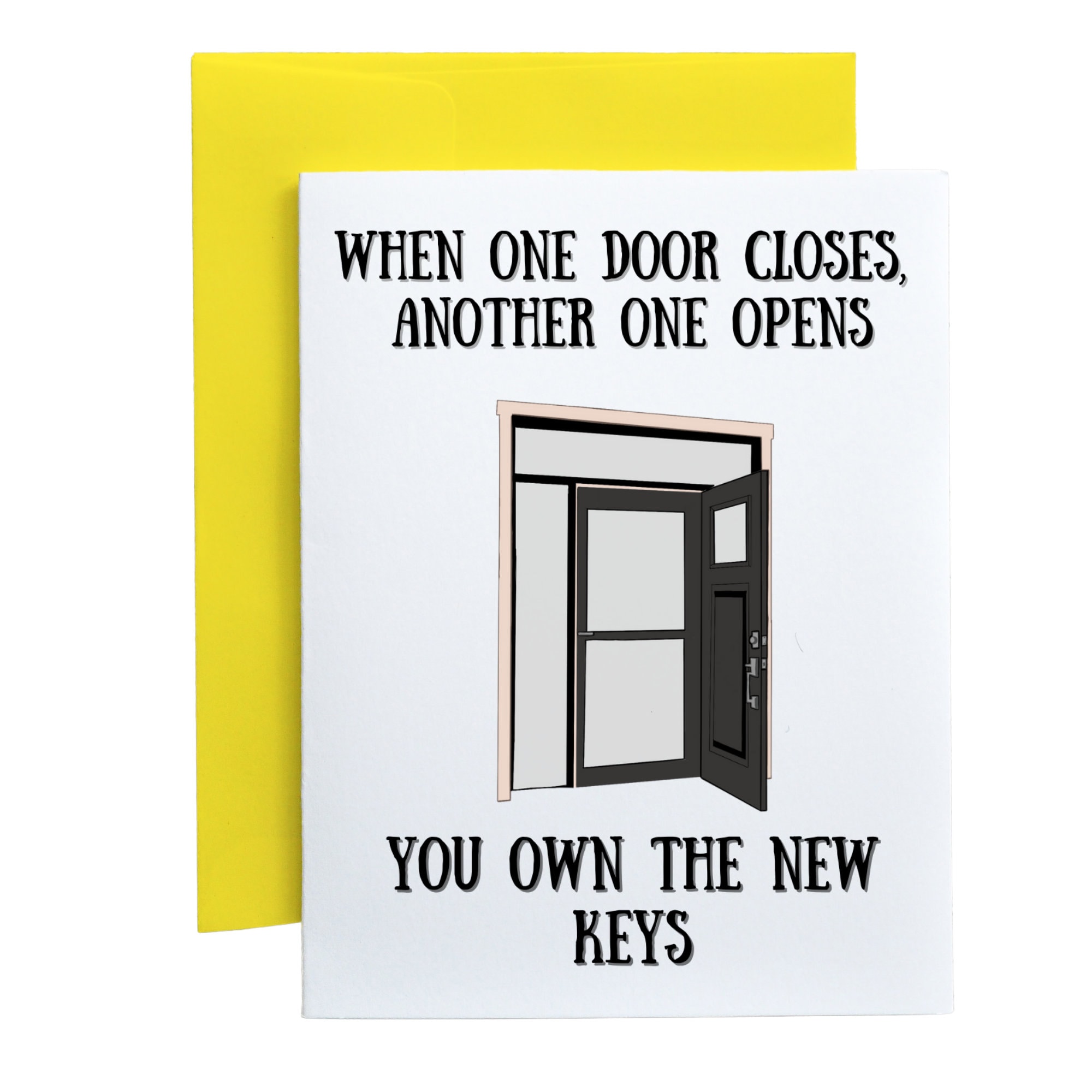Common Causes of Doors Opening by Themselves

Have you ever walked past your bedroom door only to find it mysteriously open? It can be a spooky experience, especially if you’re alone. While paranormal activity might be the first thing that comes to mind, the truth is that there are usually some very practical explanations for this phenomenon.
Drafts, Bedroom door opening by itself
Drafts are one of the most common culprits behind doors opening on their own. When air pressure changes, it can create a force strong enough to push a door open, especially if the door is not properly sealed or latched.
- Identifying drafts: You can often feel a draft by placing your hand near the door frame. If you feel a noticeable breeze, then a draft is likely the culprit. Look for gaps around the door frame, under the door, or near the latch.
- Preventing drafts: To stop drafts, you can use weather stripping to seal gaps around the door frame. A door sweep can also help to prevent drafts from coming in under the door.
Uneven Flooring
Uneven flooring can cause a door to open on its own because the door may not be perfectly aligned with the floor. If the floor slopes, the door might be pulled open by gravity.
- Identifying uneven flooring: You can check for uneven flooring by rolling a ball or a marble across the floor. If the ball or marble veers off course, then the floor is uneven.
- Preventing uneven flooring: If you find that the floor is uneven, you can try to level it out by adding shims under the door frame. However, if the unevenness is significant, it might be necessary to consult with a professional to fix the floor.
Faulty Hinges
Hinges are the metal parts that connect the door to the door frame. If the hinges are worn out or damaged, they may not be able to hold the door closed properly, causing it to swing open on its own.
- Identifying faulty hinges: You can often tell if a hinge is faulty by looking for signs of wear and tear, such as rust, cracks, or loose screws. You can also try to open and close the door a few times. If the door feels loose or wobbly, then the hinges may be faulty.
- Preventing faulty hinges: If the hinges are worn out, you can try to tighten the screws or replace them entirely. If the hinges are damaged, they will need to be replaced.
Loose Doorknobs
A loose doorknob can also lead to a door opening by itself. If the doorknob is not securely attached to the door, it may be able to turn easily, causing the door to open.
- Identifying loose doorknobs: You can check if the doorknob is loose by trying to wiggle it back and forth. If the doorknob moves easily, then it is likely loose.
- Preventing loose doorknobs: To fix a loose doorknob, you can tighten the screws that hold it in place. If the screws are stripped, you may need to replace them with new ones.
Troubleshooting and Solutions: Bedroom Door Opening By Itself

A mysterious, self-opening bedroom door can be a source of frustration. While the causes can be diverse, tackling the issue requires a systematic approach. This guide provides a step-by-step plan to diagnose and resolve the problem, helping you regain control over your bedroom door.
Adjusting Hinges
Loose or misaligned hinges are a common culprit for doors that open on their own. Over time, hinges can loosen, causing the door to sag and swing open. Adjusting the hinges can restore proper alignment and prevent the door from opening unintentionally.
- Identify the Loose Hinge: Observe the door closely to identify the hinge that appears to be loose or misaligned. The door might sag on one side, indicating the loose hinge.
- Gather the Tools: You will need a screwdriver (either Phillips or flathead, depending on your hinge screws) and a small hammer.
- Tighten the Screws: Gently tighten the screws on the loose hinge using the screwdriver. If the screws are stripped, you may need to replace them with new ones.
- Adjust Hinge Position: If tightening the screws doesn’t solve the problem, you may need to adjust the hinge position. Use a hammer to gently tap the hinge pins to move the door slightly up or down.
Tightening Doorknobs
A loose doorknob can also contribute to a door opening by itself. The knob’s mechanism might not be securely attached to the door, allowing it to rotate freely and open the door.
- Locate the Set Screw: Most doorknobs have a small set screw on the side. This screw helps secure the knob to the door.
- Use a Screwdriver: Use a small screwdriver to tighten the set screw. You may need to hold the knob in place with one hand while tightening the screw with the other.
- Test the Knob: Once the screw is tightened, test the knob to ensure it’s secure and doesn’t rotate freely.
Sealing Drafts
Air pressure fluctuations, especially during windy weather, can cause doors to open. A draft under the door can create enough pressure to push the door open.
- Identify the Draft: Hold a piece of paper or a lighter near the bottom of the door to check for air movement.
- Install a Door Sweep: A door sweep is a weather-stripping strip that attaches to the bottom of the door. It helps seal the gap between the door and the floor, preventing drafts.
- Use a Door Draft Stopper: A door draft stopper is a small, wedge-shaped device that fits under the door to block drafts. It’s a simple and inexpensive solution.
Leveling Uneven Flooring
Uneven flooring can also cause doors to open on their own. If the floor slopes, the door might tilt, putting pressure on the hinges and causing it to swing open.
- Check for Unevenness: Use a level to check if the floor is uneven. Place the level on the floor near the door and observe if it’s tilted.
- Level the Floor: If the floor is uneven, you may need to level it. This can involve shimming the door frame, adjusting the floorboards, or using a leveling compound.
- Consult a Professional: If you’re not comfortable leveling the floor yourself, it’s best to consult a professional contractor.
Paranormal Possibilities

If you’ve ruled out all the logical explanations for your door opening by itself, you might start to consider the possibility of paranormal activity. While it’s important to remain skeptical, exploring these possibilities can be intriguing.
Residual Energy
Residual energy is a theory that suggests that certain locations can hold onto the energy of past events, particularly those with strong emotional impact. This energy can manifest in various ways, including doors opening and closing, objects moving, and even sounds or smells. It’s believed that these occurrences are not the result of conscious spirits but rather a lingering energy from the past.
Spirit Activity
Another possibility is that a spirit or entity is interacting with your environment. Spirits can be benevolent or malevolent, and their motivations for interacting with the living can vary. Some believe that spirits may be trying to communicate, while others believe they may be simply curious or even mischievous.
Electromagnetic Interference
While not directly paranormal, electromagnetic interference (EMI) can sometimes cause unusual phenomena. Electrical wiring, appliances, and even electronic devices can generate electromagnetic fields that can interfere with other electronic devices, potentially causing doors to open or close unexpectedly.
Investigating Paranormal Activity
If you suspect paranormal activity, there are several steps you can take to investigate:
- Keep a journal: Record the date, time, and details of any unusual occurrences. This will help you identify patterns and potentially pinpoint the source of the activity.
- Use electronic devices: There are various electronic devices that can be used to detect paranormal activity, such as EMF meters, EVP recorders, and thermal cameras. These devices can help you gather evidence and identify potential hotspots of activity.
- Consult with experts: If you’re serious about investigating paranormal activity, consider consulting with a paranormal investigator or medium. These individuals have experience in investigating and interpreting paranormal phenomena.
